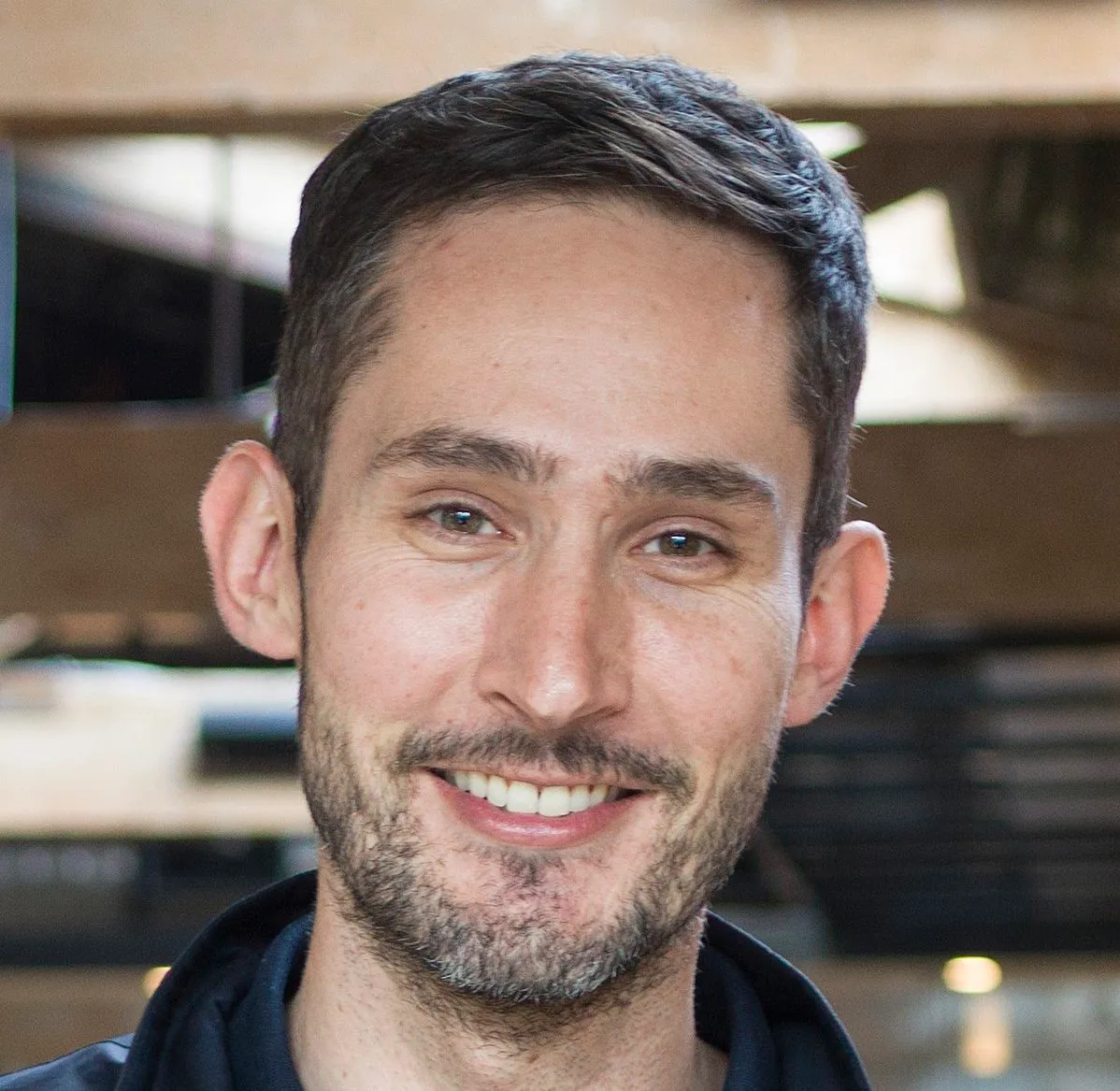Tina Seelig Ph.D. ’85 didn’t ask Instagram co-founder Kevin Systrom ’06 about the litany of scandals that have engulfed the company Systrom started, and its parent, Facebook, during Wednesday’s Entrepreneurial Thought Leaders (ETL) conversation.
Systrom’s 2018 departure from Instagram, the subject of a new book, similarly received no mention at Wednesday’s event, despite sparking speculation about corporate infighting at Facebook and Mark Zuckerberg’s attempts to duck antitrust scrutiny by tying Facebook apps closer together.
Seelig’s avoidance of the broader ethical and social impacts Systrom faced throughout his career raises questions about the nature of Stanford’s entrepreneurship community, and its ability to objectively view companies with strong links to campus. Systrom frequently referenced classes he took with Seelig and Tom Byers as part of the Mayfield Fellows program.
Seelig did not respond to The Daily’s request for comment.
Systrom led Instagram for six years after its 2012 acquisition by Facebook, giving him a key spot on the roster as the social media company scaled its operations to reach billions of users across the globe. He was at Facebook during the 2016 election and for the ensuing aftermath when the Cambridge Analytica and Russian interference scandals broke. Instagram found itself swept up in the scandals and publicity as news reports detailed Russian-controlled political Instagram pages. The tone of the ETL talk broke sharply from much of the other coverage surrounding Facebook, coverage questioning executives’ responses to the scandal as well as company policy towards privacy rights.
The talk marked Systrom’s second time speaking in the ETL series. He appeared on the program in 2011, and on Wednesday Seelig played four clips from that earlier appearance. Reflecting back on the talk, Systrom echoed his point that building a company requires a lot more than simply making a product.
“You often think that you’re building a product, but you’re actually building a company,” Systrom said. “One little slice of a company is a product and the rest of it is a lot of stuff, and a big part of that is team. People are the reason that you either succeed or fail.”
Solving a problem was another component of success Systrom mentioned.
“If I could write a book on entrepreneurship it would be called solve a problem,” he said. “Too many people either solve their problem or only a specific group’s problem without thinking about the larger context. If you don’t solve a problem for a lot of people you don’t have a lot of customers.”
Systrom also spoke about his decision to sell Instagram to Facebook, comparing the acquisition to strapping rocket boosters to the startup.
“You can either be a rocket yourself or you can decide to strap on rocket boosters and fly even faster,” he said. “The thought of combining forces with one of the best social companies at the time and arguably still now made a lot of sense if I wanted Instagram to be in every single household in the United States.”
The acquisition wasn’t all smooth sailing.
“Sometimes the rocket you strap yourself onto wants to go in a different direction, and you have to compromise,” Systrom said.
Before leaving, Systrom gave some advice to his 20-year-old self.
“Life is about whether you enjoy the process of getting better,” Systrom said. “The thing I learned from cycling is that the best cyclists in the world are the cyclists who truly enjoy training and the pain of training a lot. You have to choose an area of life where you enjoy the practice, you enjoy the pain, because you won’t escape the pain anywhere.”
Contact Nicholas Midler at midler ‘at’ stanford.edu.
